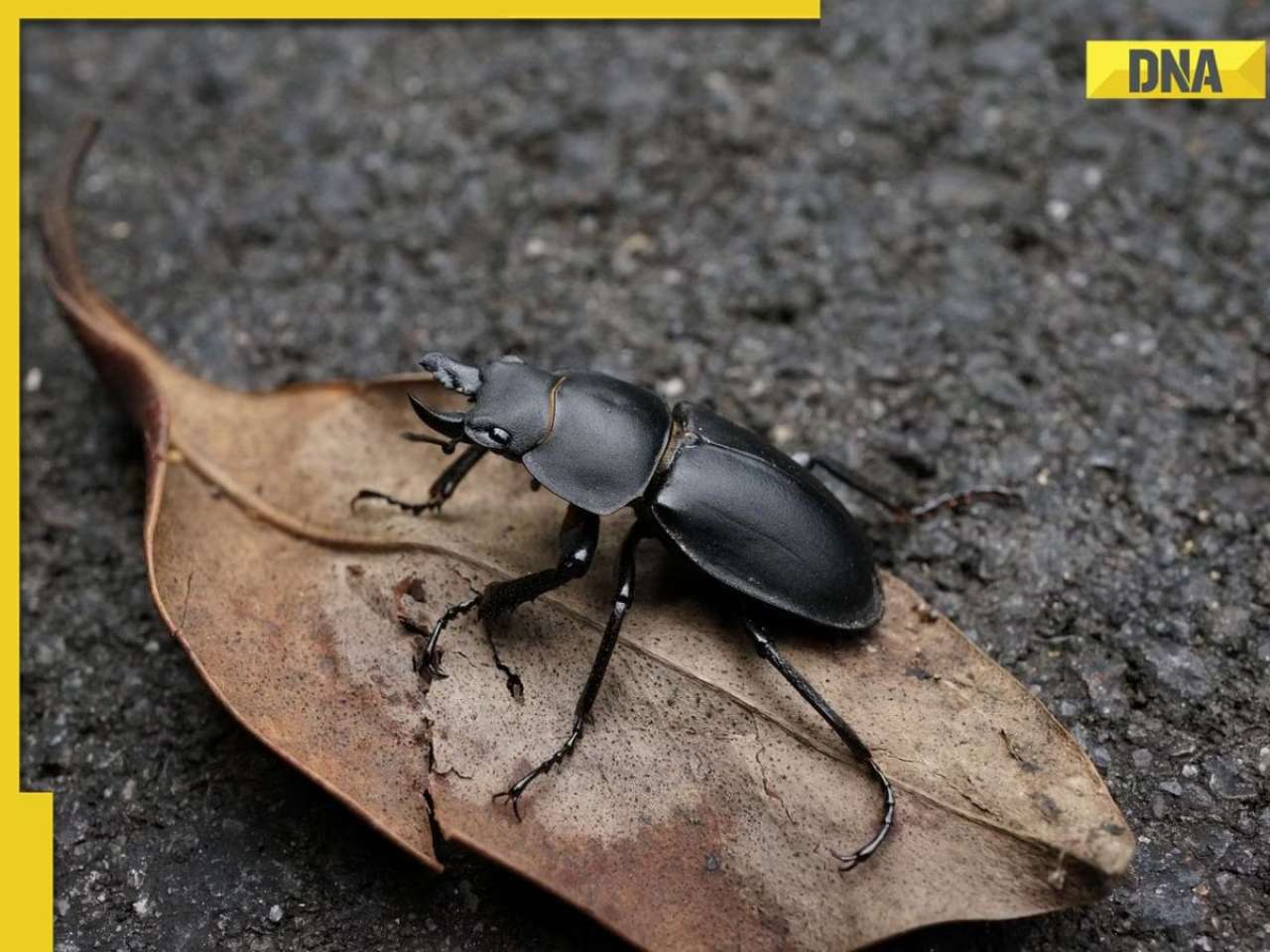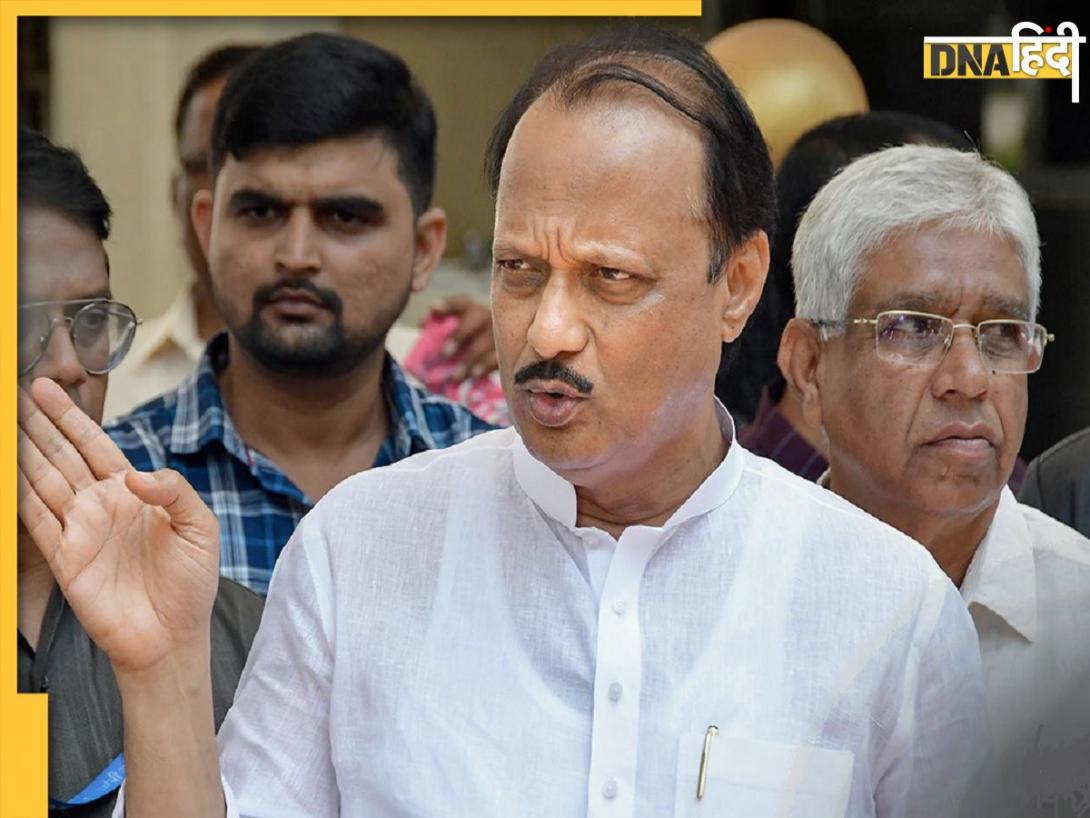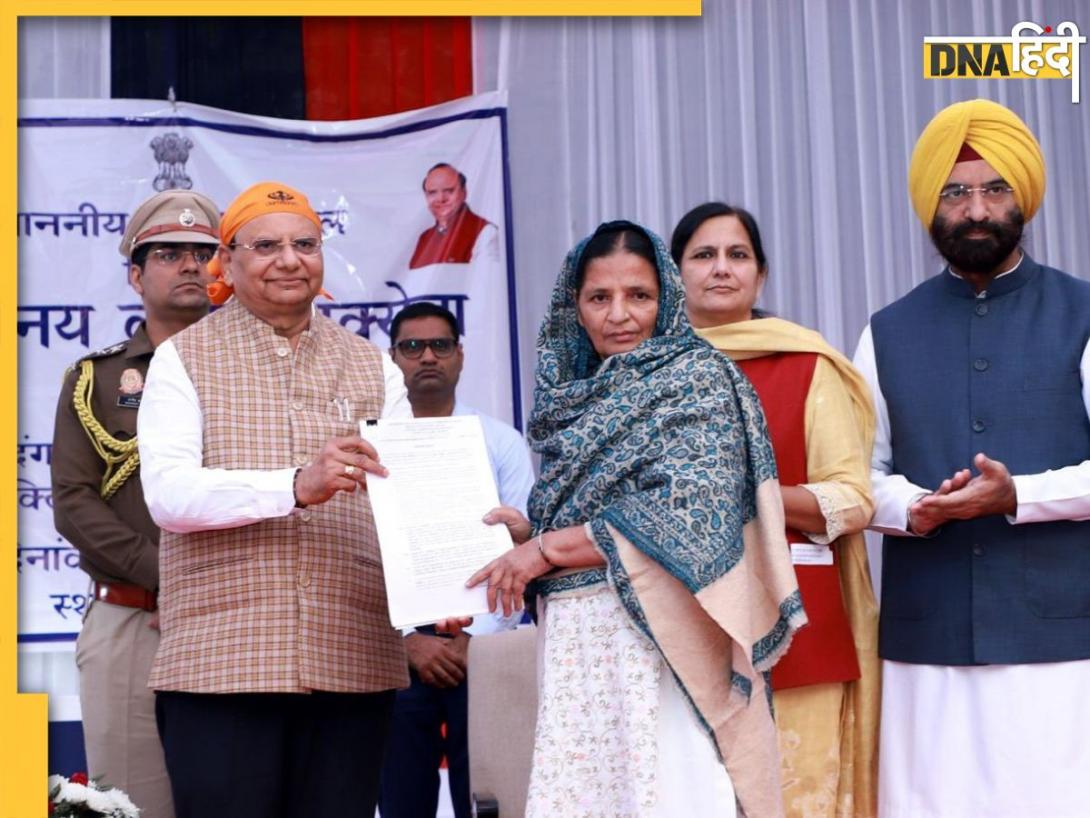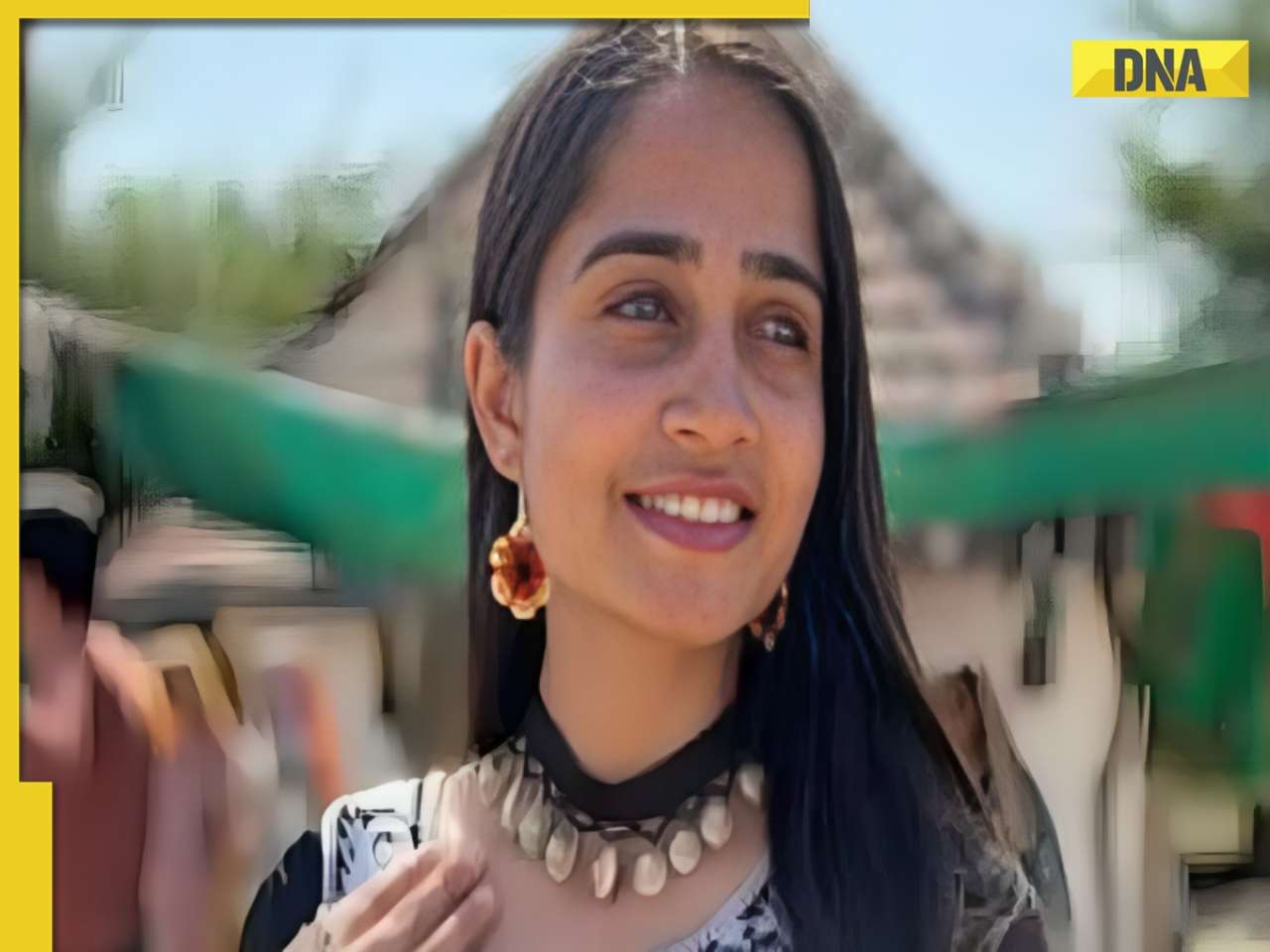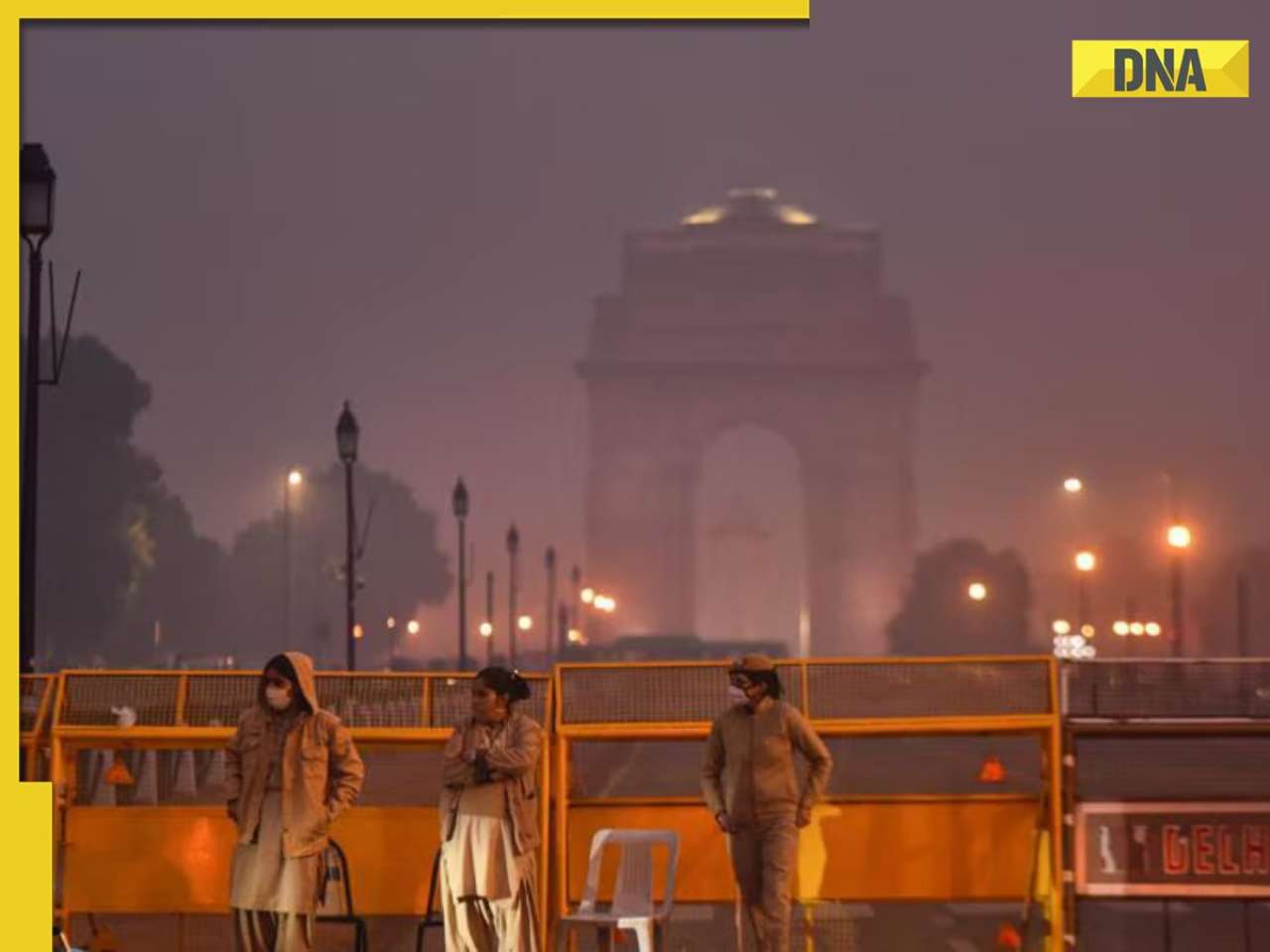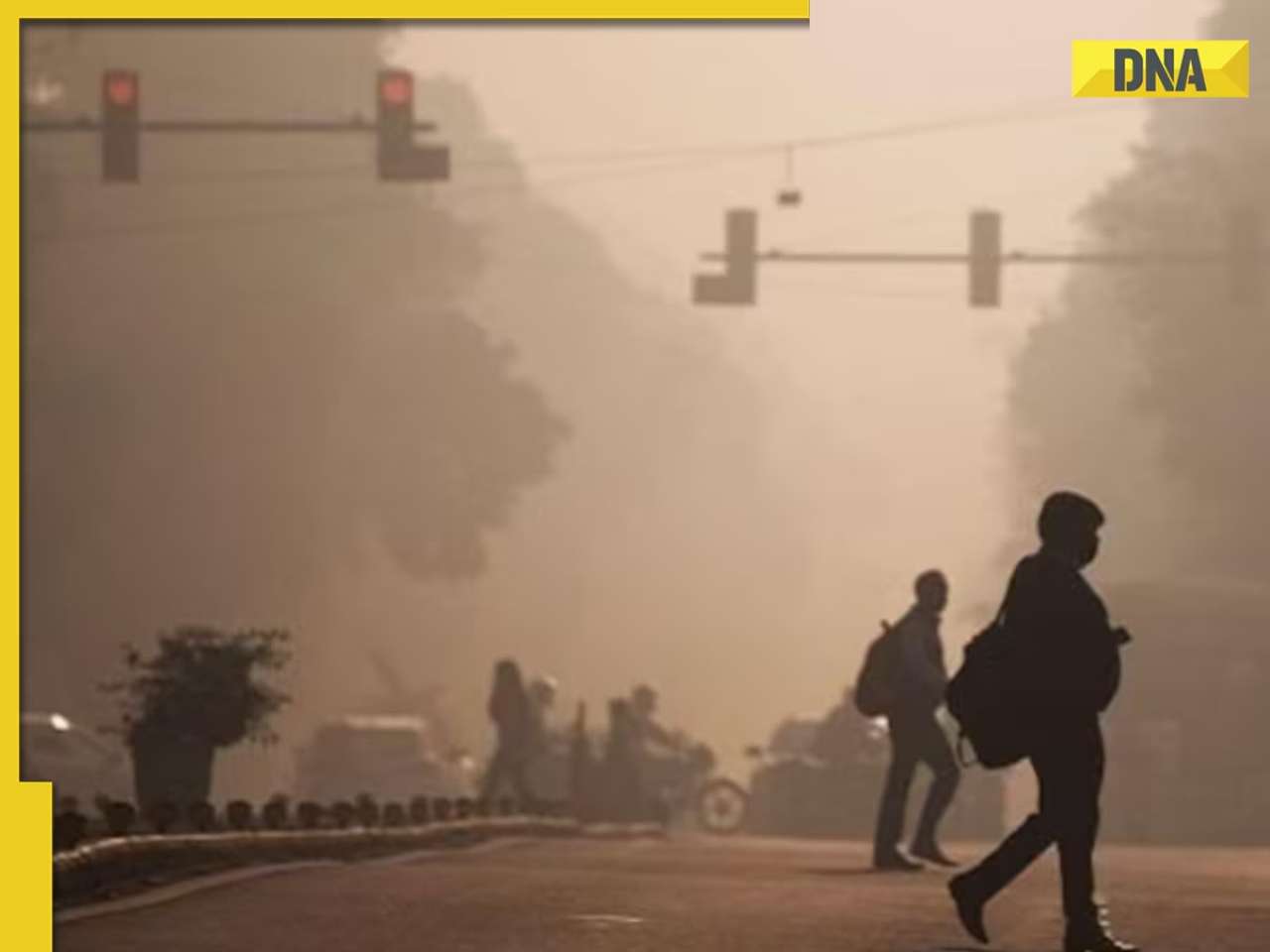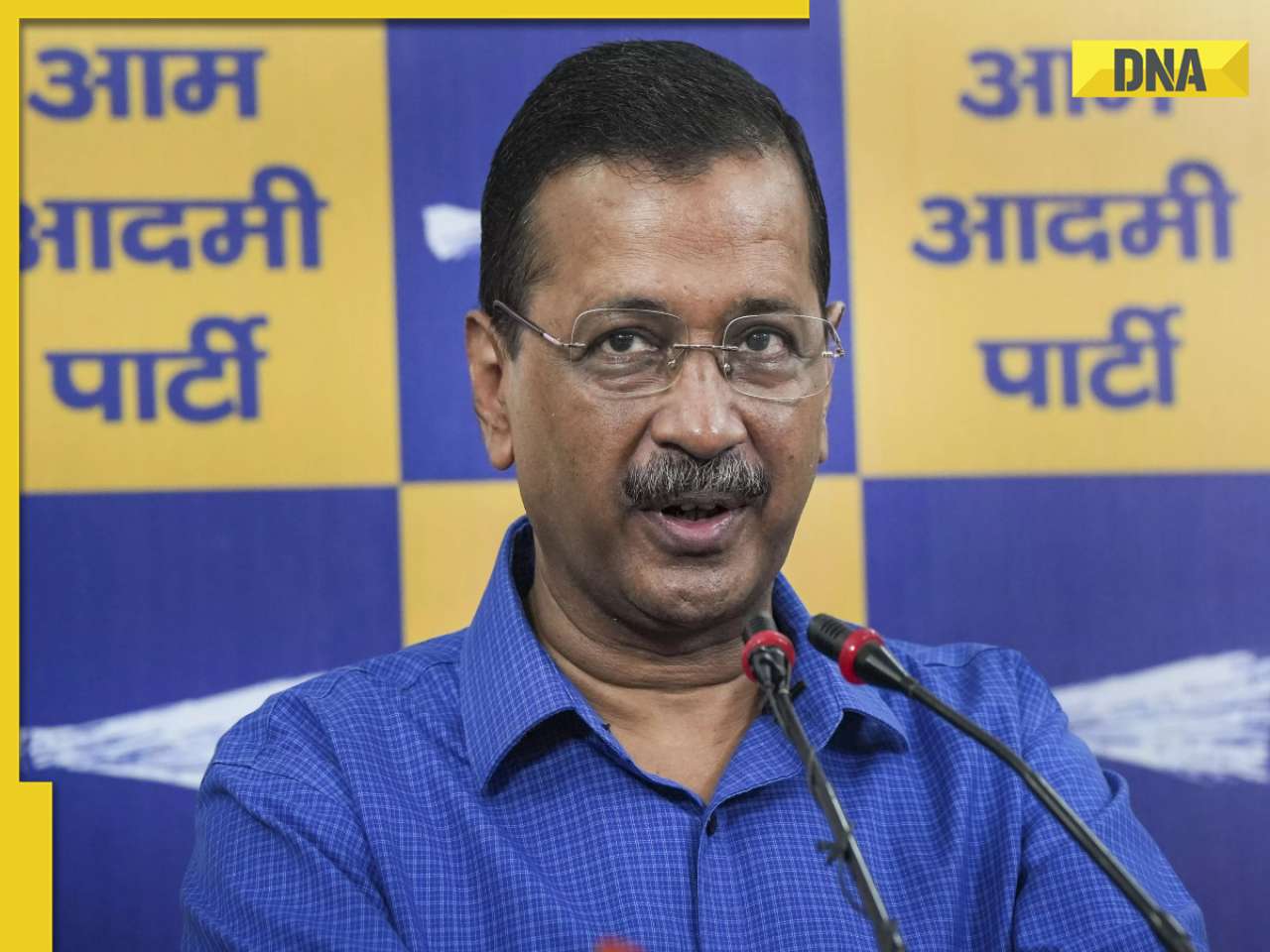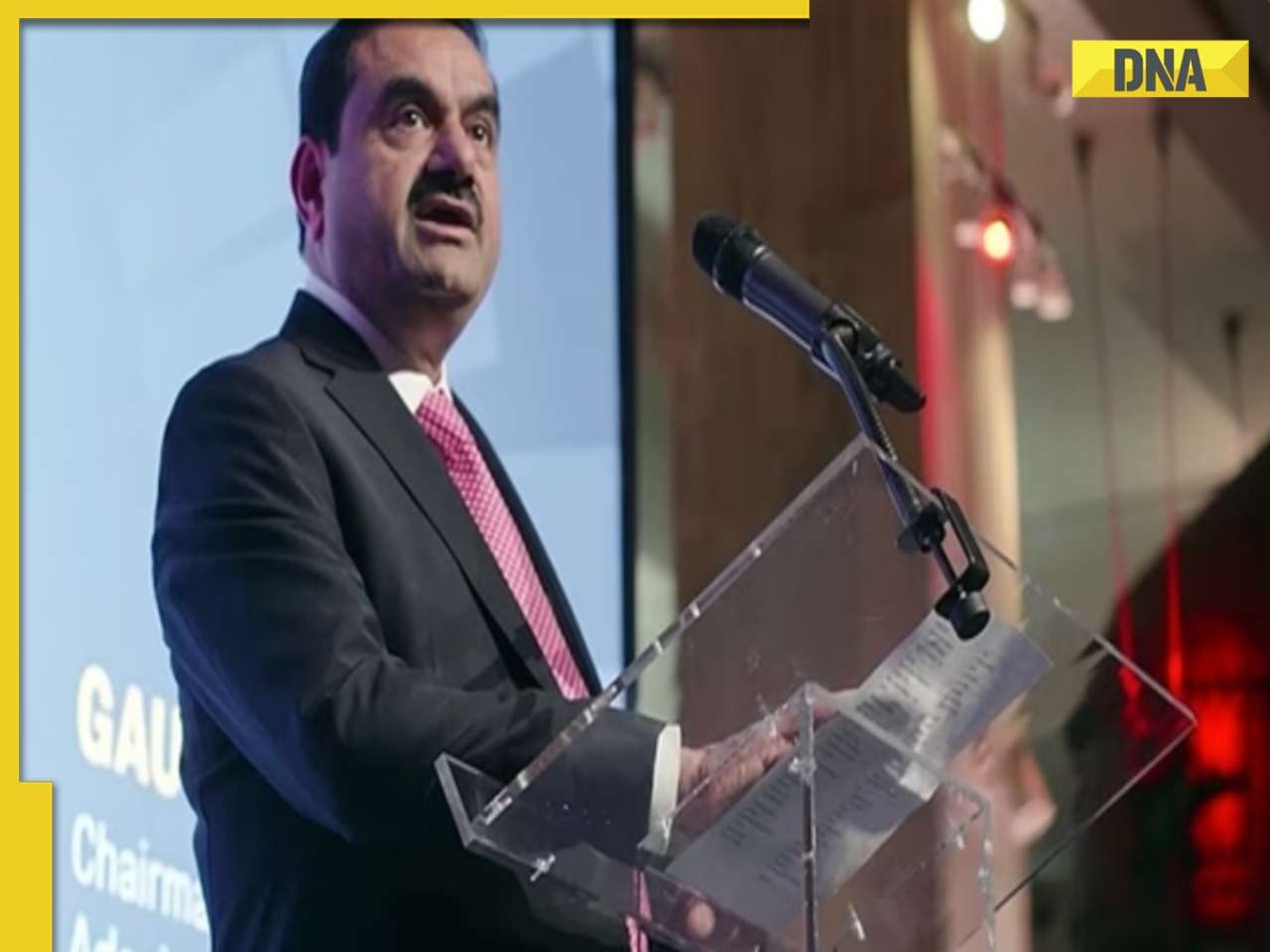- LATEST
- WEBSTORY
- TRENDING
ANALYSIS
Lonely death for a trailblazer
We live in an era when history is not too much more than fifteen minutes in the past. Yesterday is so, well, yesterday.
TRENDING NOW
It was little over a month ago that I saw Amita Malik painfully walking up the few steps to the lounge at the India International Centre, Delhi’s watering hole for the culturati. She let out a long sigh, greeting me with a feeble smile and said: ‘I don’t know how long I can do this.’ This doyenne of women journalists — one whose scathing pen had those on its receiving end trembling and often in tears — could barely speak. Her shoulders showed signs of resignation: it was not a happy shrug, even though her 87 years did not sit too badly on her.
Yet, her indomitable spirit peeped through in her luminescent, orangey-bronze lipstick and dangling earrings. I remember during my apprenticeship days in the early ‘70s at The Statesman (Delhi), where she was the Queen Bee, she would always be pulling me up for being “shabbily dressed” and under-accessorised.
We used to tremble when she, the paper’s film critic, breezed in and out of the office letting drop little nuggets about the legendary greats of cinema. Bergman, Ray, Brando, Dutt — she knew them all well, and then some. Cannes, Venice, Karlovery…. the names of the international film festivals that were her playing fields had the ring of magic about them.
I am not turning this column into an obit for the feisty, sharp-tongued grande dame of journalism who blazed the trail for the women journalists who followed, bulldozing en route many obstacles. She made the careers paths for many of us that much easier. Newspapers like The Statesman were virtually No Woman’s Land.
Amita Malik’s sad and almost-solitary death was preceded by a few years in a state of homelessness, under roofs not her own and gradually forgotten by those who once feared her, toasted her, loved her, even hated her.
Her death triggered thoughts about how easily disposable the elderly and the old have become in our jhat-phat times. There’s even a radio channel predominantly dedicated to the phat-a-phat generation. We live in an era when history is not too much more than fifteen minutes in the past.
Yesterday is so, well, yesterday. And, we live so obliviously in the now. Andy Warhol, you were so right. Andy who, you say?
My lament is not just the passing of one richly lived life in relative obscurity. It is also for the many “senior citizens” languishing forgotten, by family and friends. Lotika Sarkar, 86, former head of the Law Faculty of Delhi University and said to be India’s first woman to graduate from Cambridge University was suddenly in the news for the wrong reasons.
A champion of women’s rights, she has had, at this stage in life, to fight for her own rights — for her own home that she had allegedly signed away to a police official. Ironically, many people thought that she was no longer alive.
It is sad enough that many of our once-vibrant stalwarts fade away quietly, in some far corner of cities too far or too difficult for the occupied and employed to get to. Worse is the fact that their stories and memories disappear with them. They are our living archives, whom we so blissfully ignore. The testimonies of “senior citizens” take on even greater importance in India where the tradition of keeping papers and records is not prevalent. A historian’s nightmare is overzealous spring cleaning: often old books, notes, diaries, documents, letters, household accounts and photographs are thrown away or end up with the raddi-wallah.
Some years ago while working on a biography of the Kapoor film dynasty (Prithviraj Kapoor, Raj Kapoor etc down) I hit a wall when I tried to find any family papers — or even letters. Very little survived into the present.
The generation currently on its way to a fade-out is the one that witnessed the independence and painful partition of the country. So, hurry historians before they take their stories with them. As for the late Amita didi, as she liked to be addressed, I can still picture her driving like the very devil in the hills, on the road going up to Shimla — long after many her age had turned in their driving licences.








)
)
)
)
)
)
)
)
)
)
)
)
)
)
)





